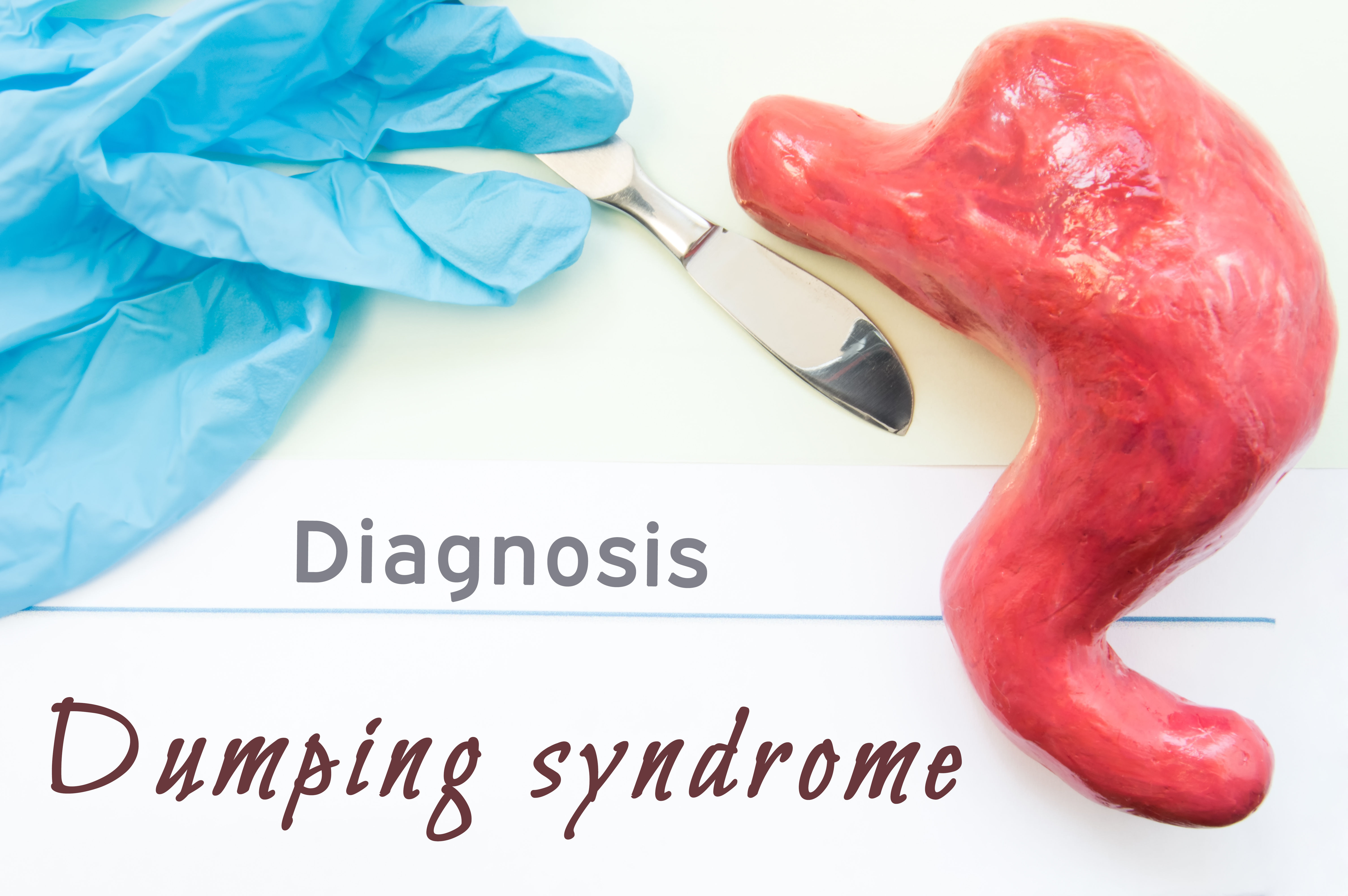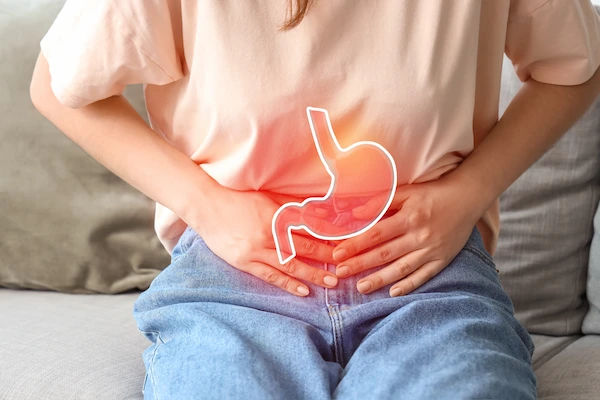- Male
- 35 Years
- 22/01/2025
I'm Nilesh Jain from Mumbai, 35 years old. I don't have diabetes, but I've got cervical spondylosis. Lately, after lunch, I've been having loose motions. It happened yesterday as well, went four times, and noticed my stool was a very dark brown. Could this be a sign of a heart attack?
Answered by 1 Apollo Doctors
Loose motion and dark brown stool after lunch are not typical signs of a heart attack. In your case, it may be related to your diet or other gastrointestinal issues. However, it is important to monitor your symptoms and stay hydrated. To address the loose motion, you can take over-the-counter medication like loperamide (Imodium) as directed on the package. If the problem persists or worsens, it would be advisable to consult a gastroenterologist for further evaluation and management.
Dr. Mubarak Suggests...
Consult a Gastroenterology/gi Medicine Specialist
Answered 04/07/2025
0
0

More Gastroenterology/GI medicine Health Queries
View allI'm really struggling with this awful stomach pain and constant bloating. I was taking Digene and Rablet, and it worked for a bit, but then it just stopped being effective. Now I'm on Rablet IT and Asthymin, but there's still no relief. What's weird is that when I'm asleep, I don't have gas issues, but as soon as I wake up, it all starts again, and my whole stomach hurts. Drinking cold milk seems to help temporarily, but nothing else seems to work. What could be causing this, and is there anything else I should try?
avoid spicy foods and maintain regular diet
Answered by 1 Apollo Doctors
I'm a bit worried because after I masturbate, I can't seem to poop, and there was blood at the end when I finished. What could be going on here, and should I be concerned about this?
I'm really sorry you're feeling this way. It could be due to pressure or irritation, but seeing blood is a concern. If it's just a small amount and resolves quickly, it might not be serious, but I strongly recommend seeing a doctor to rule out any underlying issues.
Answered by 1 Apollo Doctors
My ultrasound showed a thickened gallbladder wall with a 15mm polyp and a few small calculi. The doctor prescribed antibiotic drips twice a day for infection, but my stomach feels bloated like there's air inside. Is this serious? Can it be treated with just meds or will I need surgery?
It's important to follow up with your doctor to discuss your concerns and the treatment plan, as they will have the most accurate information about your specific situation. While a thickened gallbladder wall, a 15mm polyp, and small calculi (gallstones) are concerning, they don't necessarily mean immediate surgery is needed. The 15mm polyp does increase the risk of malignancy, and polyps larger than 10mm are often recommended for removal. Your doctor's decision about treatment will depend on several factors, including the size and type of polyp, the presence of gallstones, and whether you are experiencing symptoms
Answered by 1 Apollo Doctors
Disclaimer: Answers on Apollo 247 are not intended to replace your doctor advice. Always seek help of a professional doctor in case of an medical emergency or ailment.


.webp)


